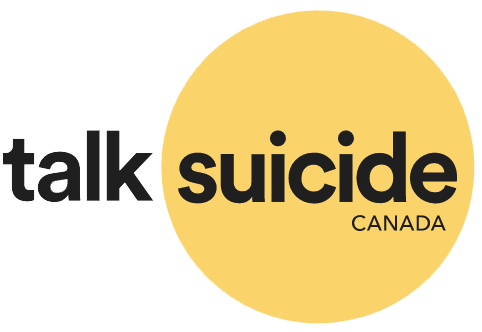If you or if you have:
• hurt or harmed yourself or someone else,
• are feeling desperate and hopeless,
• are worried you might hurt yourself or someone else,
• are having thoughts of suicide, made a plan to harm yourself,
• the means to hurt yourself or someone else,
• attempted suicide or hurt yourself before.
Please get help immediately! Please do one of the following:
• call 911 immediately,
• go directly to the nearest Hospital Emergency Department.
When you call 911, tell them:
• exactly where you are calling from, how you are feeling,
• if you have done anything to harm yourself, if you are in an unsafe situation,
• keep talking to 911 while you wait for help to arrive.









